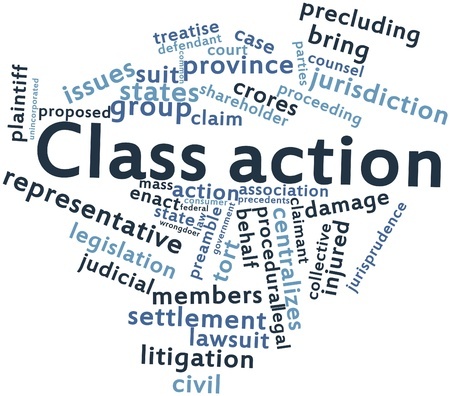The Benefits of ALF in Class Actions
“Access to our courts is expensive—prohibitively so for the vast majority of class action plaintiffs”. Tyler W. Hill, “Financing the Class: Strengthening the Class Action Through Third-Party Investment”, 125 Yale L.J. 484, 494 (2015). Alternative litigation financing (“ALF”) is recognized as having the potential to not only improve access to the courts, but also make litigation more economically efficient and receptive to the traditional aims of tort and employment discrimination law. See, e.g., Peter Charles Choharis, “A Comprehensive Market Strategy for Tort Reform”, 12 Yale J. on Reg. 435, 435 (1995). These virtues apply to class action litigation as well.
The social benefits provided by ALF are being increasingly acknowledged. Addressing the value of ALF, New York Supreme Court Justice Shirley Kornreich noted the “sound public policy of making justice accessible to all regardless of wealth” and recognized that the expense of litigation can otherwise deter litigation against “deep pocketed wrongdoers”. Hamilton Capital VII LLC I v Khorrami LLP, No. 650791/2015, 2015 WL 4920281, at *5 (NY Sup Ct 17 August 2015). See also Susan Lorde Martin, Op-Ed., “Leveling the Playing Field”, N.Y. Times (Nov. 15, 2010), http://www.nytimes.com/roomfordebate/2010/11/15/investing-in-someone-elses-lawsuit/leveling-the-playing-field (“Defendants in lawsuits often have insurers to finance their litigation expenses; litigation finance firms merely play that same role for plaintiffs, leveling the playing field.”)
Some observers have parsed public statements of certain litigation financiers and concluded that “litigation investors [] see their market as comprising large corporations [and] that it is politic to give class actions a wide berth”. Deborah R. Hensler, “Third-Party Financing of Class Action Litigation in the United States: Will the Sky Fall?”, 63 DePaul L. Rev. 499, 507-508 (2014). The evidence belies this conclusion. ALF plays a critical and necessary role in class actions.
In perhaps the most detailed and comprehensive academic treatment to date, the “Financing the Class” journal article cited above “draws on recent literature about the benefits of third-party litigation financing”, and makes a meticulous case advocating the merits of promoting third-party financing of class actions. “Financing the Class”, id. at pp. 489, et seq. The author – as well as other observers — note that class actions perform important compensatory and regulatory functions, and should therefore be encouraged. ALF provides a mechanism for advancing the beneficial role of valid class actions, which might otherwise be unsustainable. See also Jay Tidmarsh, “Can We Talk Money?”, JOTWELL (Courts Law) (Jan. 19, 2016), available at http://courtslaw.jotwell.com/can-we-talk-money/.
For further information, please feel free to contact Roni A. Elias, who leads the litigation finance team at TownCenter Partners, LLC, a boutique litigation funding company that funds plaintiffs and plaintiffs’ law firms nationwide. TownCenter Partners, LLC is a litigation funder with a social mission and continues to level the playing field in litigation. Mr. Elias can be reached at roni@yourtcp.com or (703) 570-5264. © 2018 Roni A. Elias. All rights reserved.
Topics: Litigation finance, portfolio financing, portfolio funding, third-party funding, alternative litigation finance, class actions.

